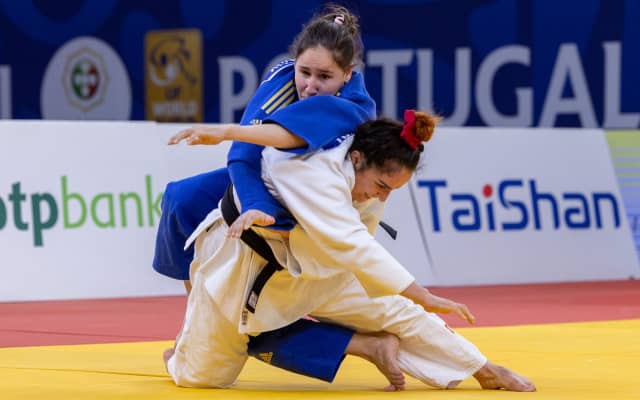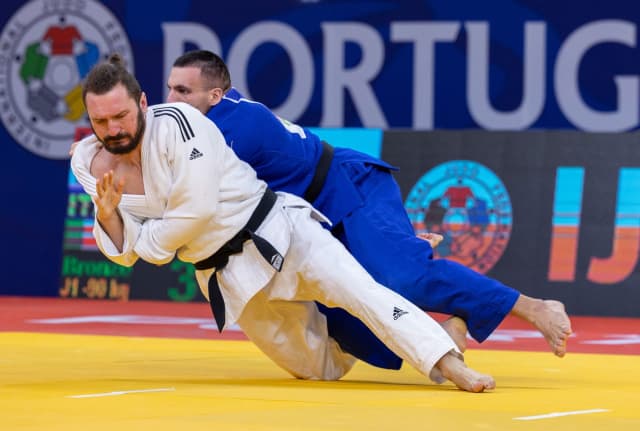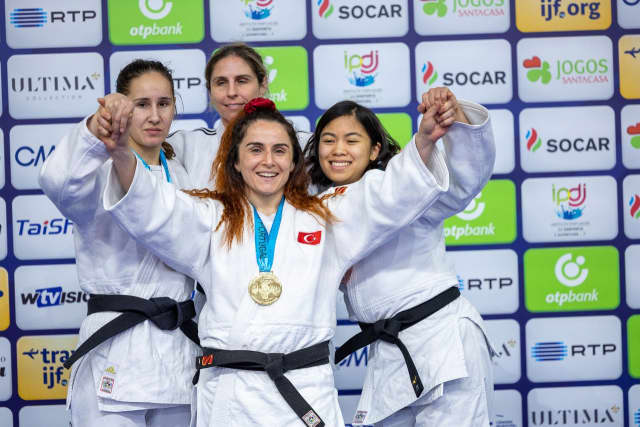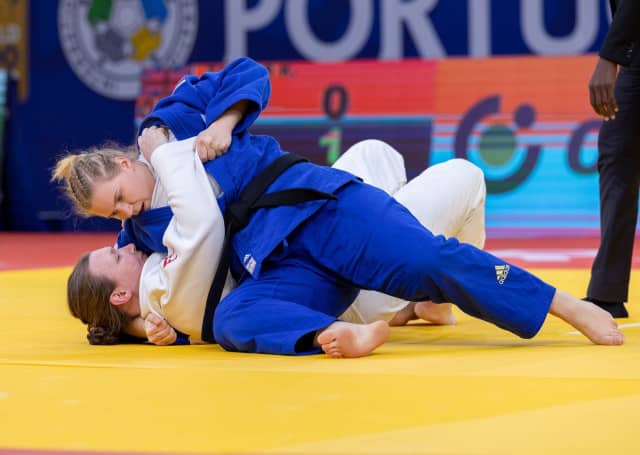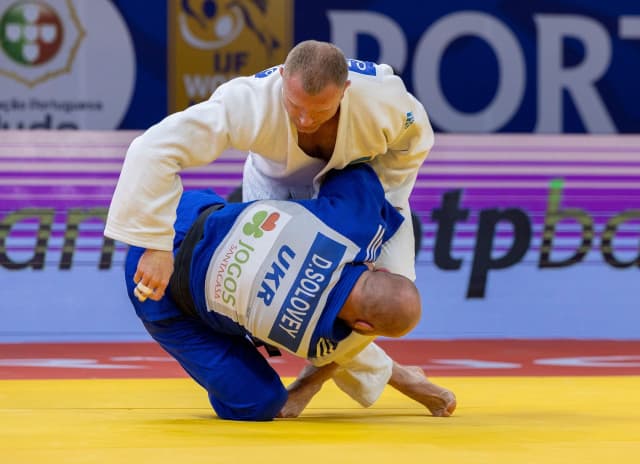After the introduction of para-judo in 1988 and the inclusion of women in the Paralympic movement in Athens in 2004, the biggest change in para-judo happened some months ago, after the Tokyo 2020 Paralympics.
After much research, the IPC (International Paralympic Committee) made the important decision to introduce new eye classes in judo. Thus, the J1 (blind and almost blind) and J2 (partially sighted) eye classifications were introduced. This meant that the competitors of these classes could now compete separately. This came at a price: on the one hand, the eye tests became stricter and the previous 7 weight categories were reduced to 4. At the same time, the two eye classes are now completely equivalent. Para-judo has become fairer, allowing competitors with similar abilities to face each other.
The preparation for the Paralympics is always a challenge for all athletes and coaches, especially since there are only three years between Tokyo and Paris. The first year was spent re-classifying all athletes.
So, Paralympic qualification already started back in September 2022, two years prior to the 2024 Paris Paralympics. The IBSA Judo Committee approved the qualification competitions and the points system. The allocation of the number of competitors per weight categories will be approved shortly. These elements form the basis of the Paralympic ranking system.
The qualification period will last until 24th June 2024. During this period, 18 scoring competitions are held. The committee is primarily looking for competition venues where the conditions are optimal and meet the IJF and IBSA judo criteria, while paying attention to para judo being present on all continents when possible.
Janos Tardos, the IBSA Judo Chairman, said, "It is a great pleasure for us that the proportion of J1 and J2 competitors is approximately equal. More than 450 of our world-ranked athletes are competing for the 148 Paralympic places. This clearly indicates that judo is a true Paralympic sport. Efforts still have to be made to promote para judo for women but there is also serious progress here.
On my own behalf, I would like to thank the dedicated and persistent work of the coaches, the collective leadership of IBSA Judo, all the volunteers who help us in our individual competitions, and the organisers of the competitions. A special thanks goes to the International Judo Federation which supports the successful development of IBSA and para-judo, not only with funding but also with a professional approach that includes refereeing, knowledge and equipment."
Next year the Paralympic Games in Paris will take place from Wednesday 28th August to Sunday 8th September. The whole judo community is excited about the event; we are all looking forward to it. Let's focus on Paris.

